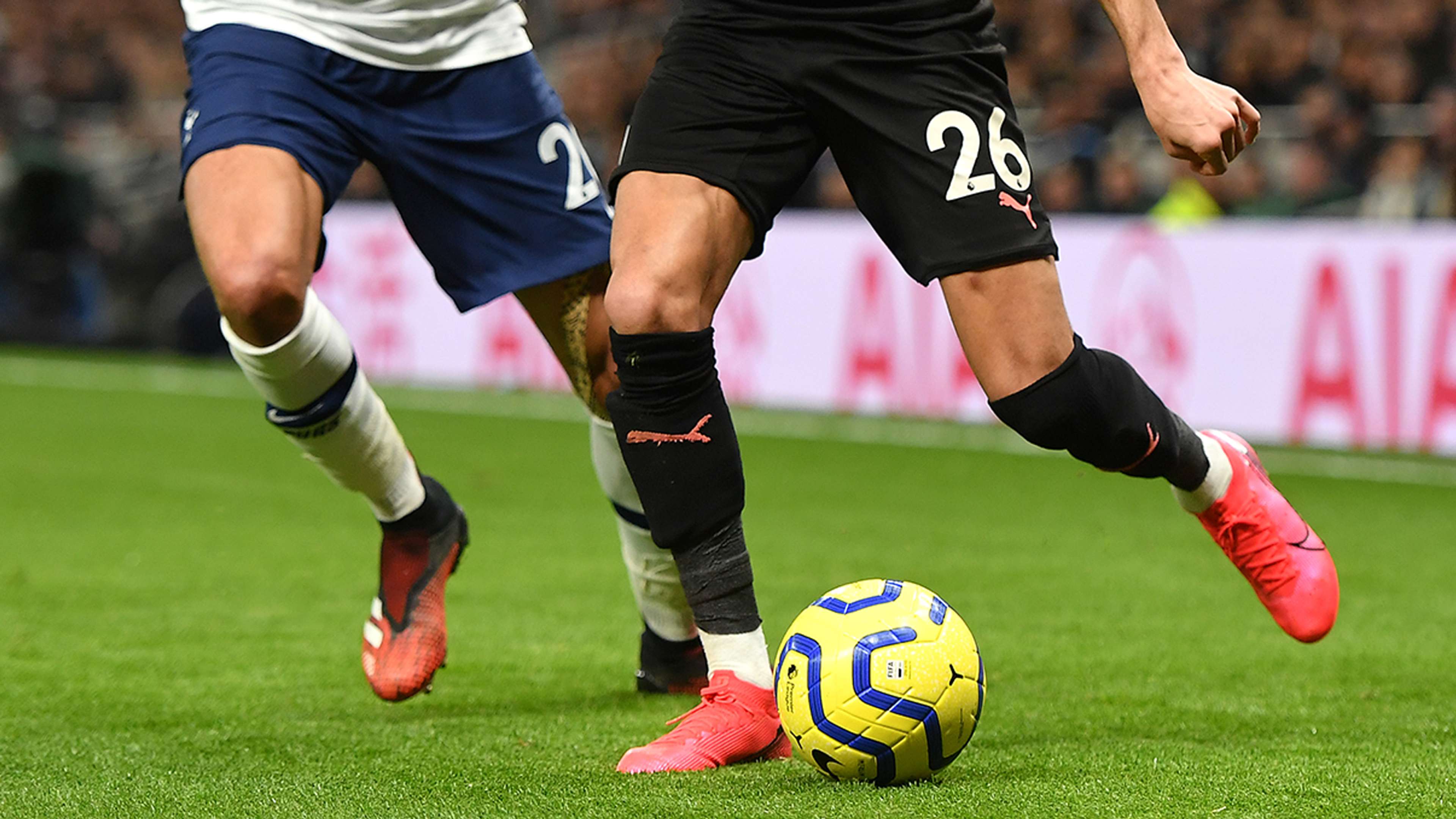Ever witnessed a melee around your team's penalty area in the midst of a game, wishing your goalkeeper would just pick up the ball to avoid any kind of danger - instead of handling the ball with their feet?
The back-pass rule actually prevents them from doing so. Here's all you need to know about the rule, why it was implemented, its punishments and more.
What is the back-pass rule?
The back-pass rule states that a goalkeeper is forbidden to handle the ball when passed to them by a team-mate, according to Law 12, Section 2 of the Laws of the Game.
Goalkeepers are allowed to pick up balls in their penalty area, but they are not allowed to do so when the ball has been purposely kicked to them by a team-mate.
Instead, goalkeepers are to play the balls with their feet.
Players are allowed to head the ball back to their goalkeeper, or pass the ball back to their shot-stopper with any body part other than their foot.
Though the rule is named the 'back-pass rule', the laws do not state that the pass from the team-mate to goalkeeper must be backwards to be considered an offense – the goalkeeper is prohibited from handling the ball with their hands in either direction (towards or away from goal).
The back-pass rule was first implemented in 1992 as a means to deter time-wasting and safe, territorial play that kills the tempo and momentum of a game.
It was introduced as a direct response to the 1990 World Cup, which gained an infamous reputation for being slow and sluggish, where many defenders would simply pass the ball back to their goalkeepers to retain possession.
The rule was expanded upon in 1997, updated to disallow goalkeepers from picking up the ball when catching a throw-in made by a team-mate.
What is the punishment for doing a back pass?
Illegal back-passes are punished with an indirect free-kick wherever the handling occurred.
If the back-pass was committed inside the six-yard penalty area, the kick will be taken from the point of the six-year box where of the offense happened.
Of course, that punishment isn't always correctly applied.
The Premier League matchup between Fulham and Leeds United on April 22 saw Cottagers defender Tim Ream play the ball back to goalkeeper Bernd Leno. The German controlled, waited, before eventually picking the ball up with his hands.
Strangely, there was little reaction from the opposition players or the away fans. Referee Peter Bankes appeared to miss the back pass and, with VAR unable to intervene, play continued as normal.

